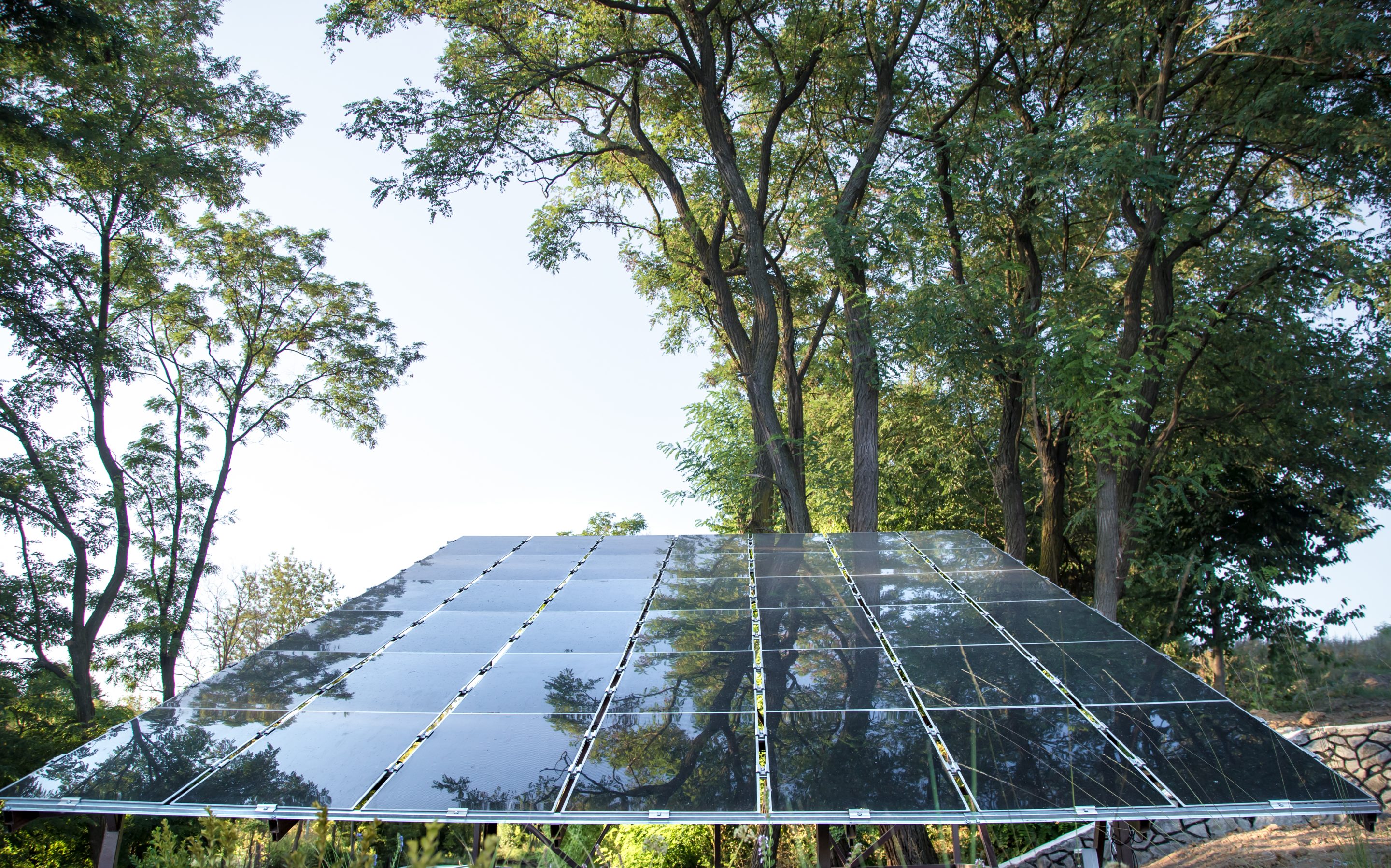
Energy, Mobility
EU-SysFlex
The EU-SysFlex project aims to ensure that an efficient and effective model for a service system is provided.


Project dates
2015-2018
Role of Zabala
partner
Project led by
GREEN BIOLOGICS
10
Partners
1
Integrated pilot process
50%
Reduction in the cost of biobutanol production
85%
Reduction of greenhouse gas emissions, compared to fossil fuels
The European project, ButaNexT, aims to validate an integrated and more sustainable process (economic, social and environmental) for obtaining butanol from different types of raw materials that do not compete in the food sector (wheat straw, miscanthus and organic fraction of municipal solid waste). the properties of different blends of butanol with fossil fuels (gasoline and diesel) and biofuels (ethanol and biodiesel) and their behaviour will also be studied.
Biobutanol is an advanced biofuel with very advanced properties. It fits into the existing fuel infrastructure; it has a higher energy density and has demonstrated better performance properties than ethanol and biodiesel. However, it has not yet established itself in the market, due to some technical and economic barriers.
Develop a highly versatile two-stage pretreatment process (mechanical and chemical) that will allow the use of different types of feedstocks and reduce energy demand by about 15-25% while reducing process costs. Develop enzyme cocktails adapted to the fermentation process used that will reduce enzyme doses by around 25%. Increase the efficiency of the fermentation process. Validate the integration of all the stages and the development of the complete process (pretreatment, enzymatic hydrolysis, fermentation and product recovery) in a pilot installation. Demonstrate its optimal properties in blends with fossil fuels and biofuels.
A process adapted to use a wide range of feedstocks and lignocellulosic residues (agricultural residues, organic fraction of municipal solid waste, regionally adapted energy crops) will facilitate the planning of commercial plant supply with subsequent economic and environmental improvements. This will boost the development of rural areas and the extension of the process using the raw materials mentioned above.


This project has been financed by the European Union’s Horizon 2020 Research and Innovation programme, under grant agreement 640462.

“Our project is designed to test, validate and optimise, at laboratory and pilot scale, the individual stages of the process supply chain to produce cost-competitive biobutanol from three types of lignocellulosic biomass and waste.”
Igor Idareta
Team leader with expertise in European Programmes










Energy, Mobility
The EU-SysFlex project aims to ensure that an efficient and effective model for a service system is provided.

Energy, Mobility
The main objective of SENATOR is to provide 4 management schemes for urban planning policies: User Demand Planning, Transport Planning,...

Digitalisation
The NGI EXPLORERS programme will support top EU researchers and entrepreneurs in understanding the different perspectives, vision, values and technological...

News

Opinion
Defence

Margherita Volpe
Security, Space & Defence Knowledge Area Leader

Publication
WATER FUNDING OPPORTUNITIES
Don't miss our publication with European topics and funding opportunities for water-related projects
The important thing is not to keep moving, but rather to know in which direction to go. Our 37% success rate proves that we know how to guide our clients.
Our compass is our clients; our mission is to solve their problems, guiding them so that innovation becomes their key to competitiveness.

This website uses cookies so that we can provide you with the best user experience possible. Cookie information is stored in your browser and performs functions such as recognising you when you return to our website and helping our team to understand which sections of the website you find most interesting and useful.
Strictly Necessary Cookie should be enabled at all times so that we can save your preferences for cookie settings.
This website uses Google Analytics to collect anonymous information such as the number of visitors to the site, and the most popular pages.
Keeping this cookie enabled helps us to improve our website.
Please enable Strictly Necessary Cookies first so that we can save your preferences!
This website uses the following additional cookies:
(List the cookies that you are using on the website here.)
Please enable Strictly Necessary Cookies first so that we can save your preferences!